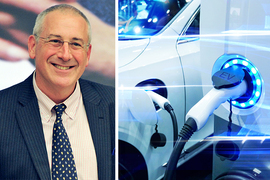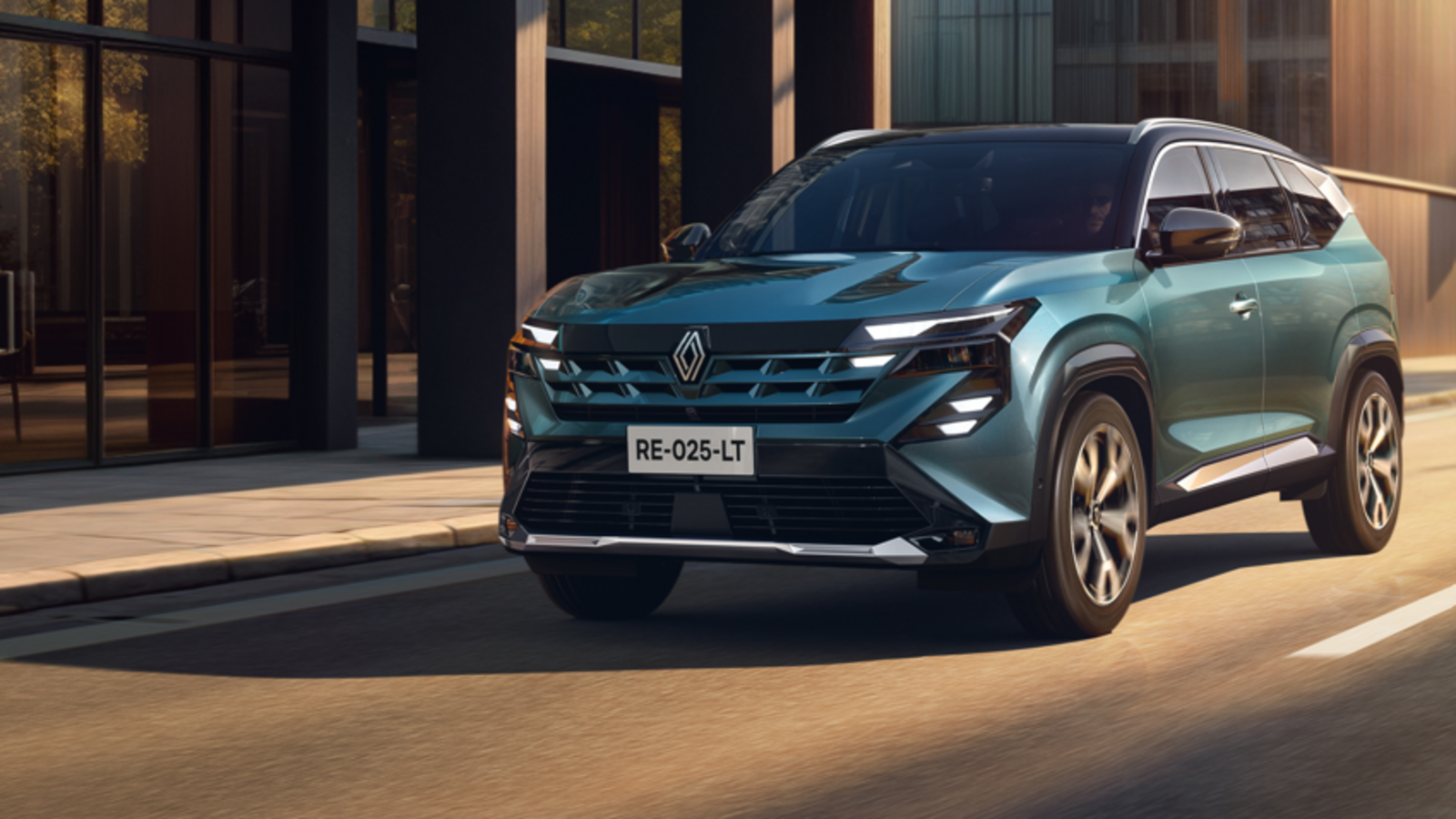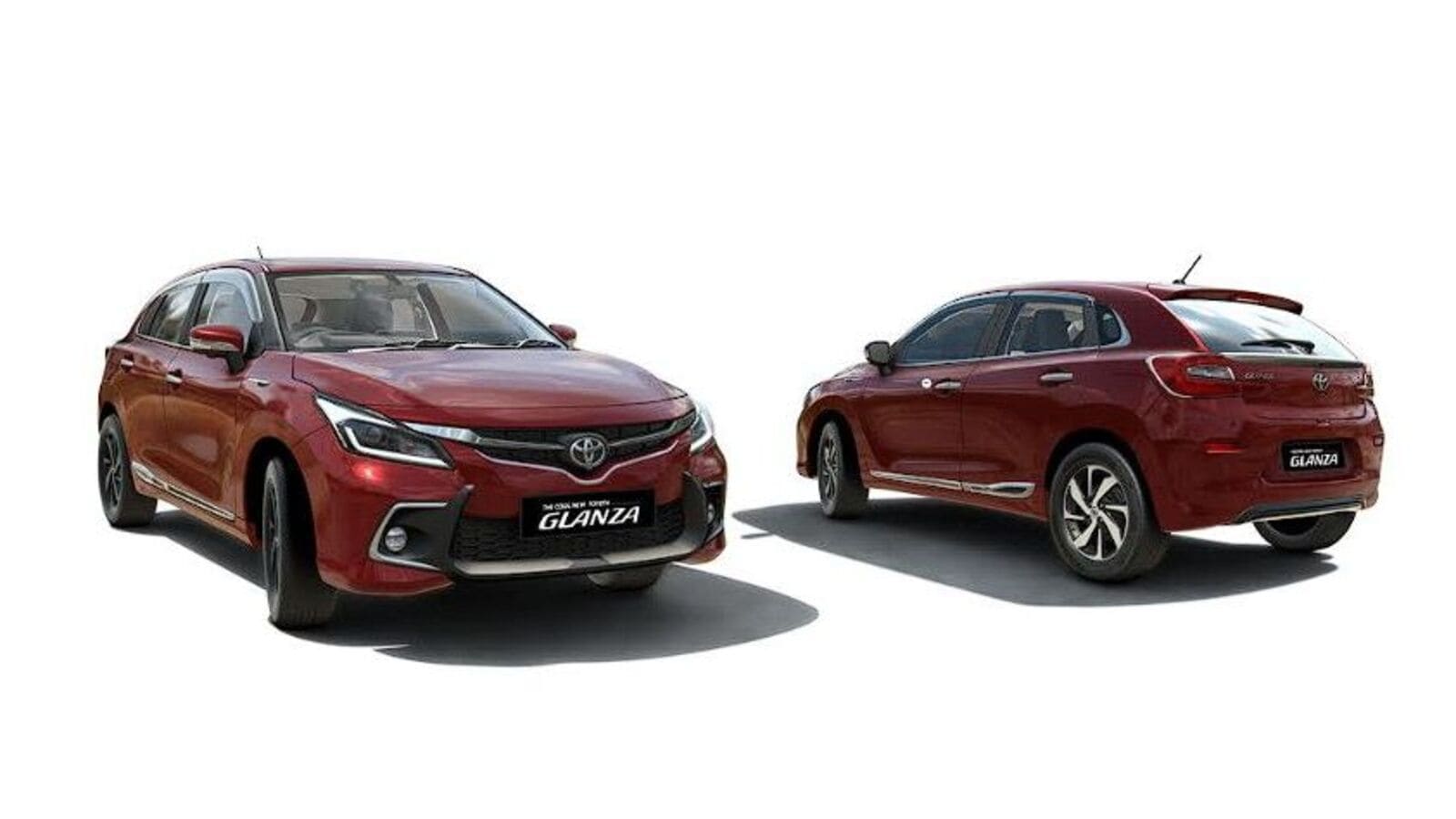For lots of house owners of electrical cars (EVs), or for potential EV house owners, a thorny sickness is the place to price them. At the same time as legacy automakers an increasing number of put money into production extra all-electric automobiles and vehicles, there isn’t a opaque community of charging stations serving many kinds of cars, which might construct EVs extra handy to usefulness.
“We’re going to have the ability to produce and deliver millions of EVs,” mentioned MIT Teacher Charles High quality on the ultimate consultation this semester of the MIT Mobility Discussion board. “It’s not clear we’re going to have the ability to charge them. That’s a huge, huge mismatch.”
Certainly, making EV charging stations as ubiquitous as fuel stations may spur a big transition inside all the U.S. car fleet. Future the automaker Tesla has constructed a community of virtually 2,000 charging stations around the U.S., and may construct some interoperable with alternative makes of cars, sovereign corporations looking to build a act out of it are nonetheless looking to acquire important traction.
“They don’t have a business model that works yet,” mentioned High quality, the Chrysler Leaders for International Operations Teacher of Control on the MIT Sloan College of Control, talking of startup companies. “They haven’t figured out their supply chains. They haven’t figured out the customer value proposition. They haven’t figured out their technology standards. It’s a very, very immature domain.”
The Would possibly 12 match drew just about 250 public in addition to a web-based target audience. The MIT Mobility Discussion board is a weekly i’m ready of talks and discussions all the way through the educational month, ranging broadly around the farmland of transportation and design. It’s hosted by means of the MIT Mobility Initiative, which fits to walk sustainable, out there, and cover modes of transportation.
High quality is a important skilled within the gardens of operations technique, entrepreneurship, and provide chain control. He has been at MIT Sloan for over 30 years; from 2015 to 2022, he additionally served because the creation president, dean, and CEO of the Asia College of Trade in Kuala Lumpur, Malaysia, a collaboration between MIT Sloan and Vault Negara Malaysia. High quality may be creator of “Faster, Smarter, Greener: The Future of the Car and Urban Mobility” (MIT Press, 2017).
In High quality’s remarks, he mentioned the expansion phases of startup corporations, highlighting 3 levels the place companies struggle to “nail it, scale it, and sail it” — this is, work out the concept that and workability in their undertaking, struggle to amplify it, and next function as a bigger corporate. The charging-business startups are nonetheless someplace throughout the first of those levels.
On the similar hour, the established automakers have introduced main investments in EVs — a collective $860 billion over the later decade, High quality famous. Amongst others, Ford says it is going to make investments $50 billion in EV manufacturing by means of 2026; Normal Motors plans to spend $35 billion on EVs by means of 2025; and Toyota has introduced it is going to make investments $35 billion in EV production by means of 2030.
With these types of cars doubtlessly coming to marketplace, High quality prompt, the crux of the problem is one of those “chicken and egg” sickness between EVs and the community had to aid them.
“If you’re a startup company in the charging business, if there aren’t many EVs out there, you’re not going to be making much money, and that doesn’t give you the capital to continue to invest and grow,” High quality mentioned. “So, they need to wait until they have revenue before they can grow further. On the other hand, why should anybody buy an electric car if they don’t think they’re going to be able to charge it?”
The ones dwelling in single-family properties can set up chargers. However many others aren’t in that status, High quality famous: “For people who don’t have fixed parking spaces and have to rely on the public network, there is this chicken-and-egg problem. They can’t buy an EV unless they know how they’re going to be able to charge it, and charging companies can’t build out their networks unless they know how they’re going to get their revenue.”
The development featured a question-and-answer consultation and target audience dialogue, with a field of questions, and feedback from some business veterans, together with Robin Chase SM ’86, the co-founder and previous CEO of Zipcar. She expressed some optimism that startup charging corporations will have the ability to get traction within the nascent marketplace ahead of lengthy.
“The right companies can learn very fast,” Chase mentioned. “There’s no reason why they can’t correct those scaling problems in short-ish order.”
In reply to alternative target audience questions, High quality famous one of the most demanding situations that should be addressed by means of sovereign charging companies, reminiscent of unified requirements and interoperability amongst automakers and charging stations.
“For a driver to have to have six different apps, or [their] car doesn’t fit in the plug here or there, or my software doesn’t talk to my credit card … connectivity, standards, technical issues need to be worked out as well,” High quality mentioned.
There also are various regulatory problems, together with grid insurance policies and what shoppers will also be billed for, which must be labored out on a state-by-state foundation, which means that even modest-size startups should have a professional and fruitful prison segments.
All of which makes it conceivable, as High quality prompt, that the massive legacy automakers will get started making an investment extra closely within the charging act within the related date. Mercedes, he famous, simply introduced in January that it’s coming into right into a partnership with charging companies ChargePoint and MN8 Power to build about 400 charging stations throughout North The united states by means of 2027. Through necessity, others may must observe swimsuit if they would like to give protection to their large deliberate investments within the EV sector.
“I’m not in the business of telling [automakers] what to do, but I do think they have a lot at risk,” High quality mentioned. “They’re spending billions and billions of dollars to produce these cars, and I don’t think they can afford an epic failure [if] people don’t buy them because there’s no charging infrastructure. If they’re waiting for the startups to build out rapidly, then they may be waiting longer than they hope to wait.”




